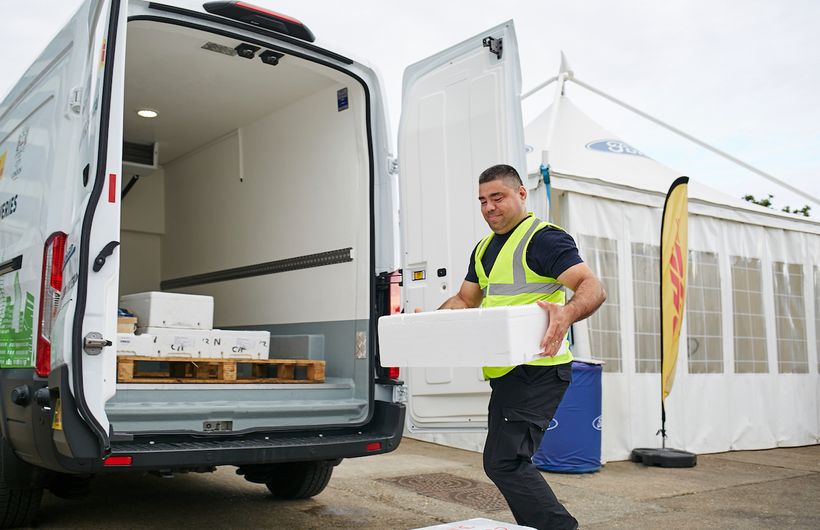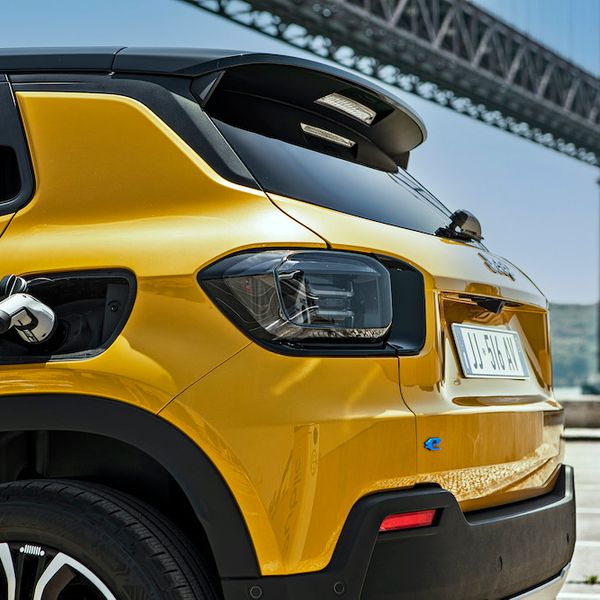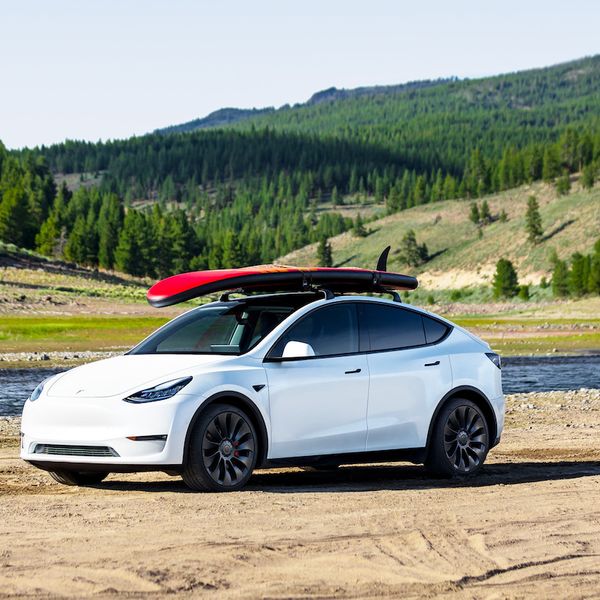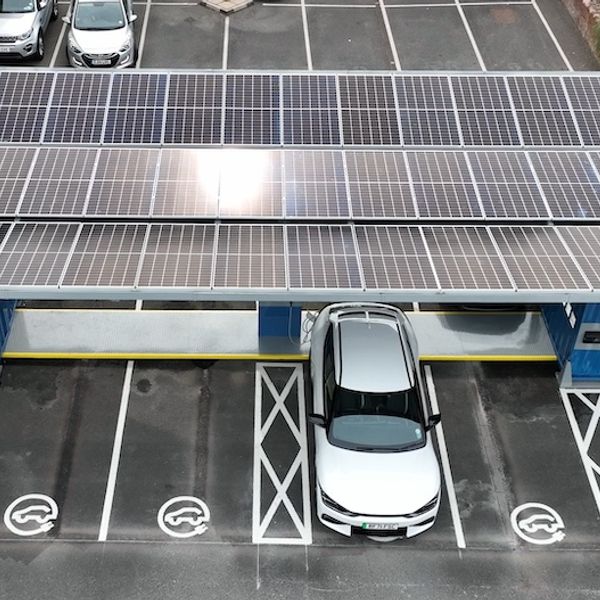Traders at Billingsgate’s historic fish market are saving time and money by pooling deliveries using a shared fleet of vans, including an all-electric Ford E-Transit. To date, the pilot has resulted in an estimated 37 per cent reduction in CO2 emissions from deliveries, with almost 950 fewer vehicle journeys on central London’s congested roads.
Launched in March and continuing until August, 40 traders at Billingsgate are taking part in the trial, which focusses on deliveries from the market to commercial customers in the capital, including some of London’s most prestigious establishments.
Many traders rely on vans to make these deliveries, but for much of the day these vehicles are not in use. The City Corporation, which owns and manages Billingsgate Market, identified the opportunity to consolidate trips to avoid duplicating journeys and use fewer vehicles.
The trial uses Ford vehicles, software and servicing support from the company’s commercial vehicle division and delivery company DHL. The seven refrigerated Ford vehicles include an all-electric Ford E Transit.
The 18-week collaboration has revealed significant opportunities to benefit both businesses and the environment. There has been an estimated 37 per cent reduction in CO2 emissions, resulting from 949 fewer vehicle journeys on central London’s congested roads, resulting in 15,000 less miles driven. This has also supported reduced costs and improved efficiencies for participating businesses.
The trial is part of the City Corporation’s aim to reduce the environmental impact of its wholesale markets through innovation, including the planned relocation of Billingsgate, Smithfield and New Spitalfields markets to Dagenham Dock. Electric vehicle charging has been installed in the market car park.
 The fish traders have noticed some fin of an improvement
The fish traders have noticed some fin of an improvement 












